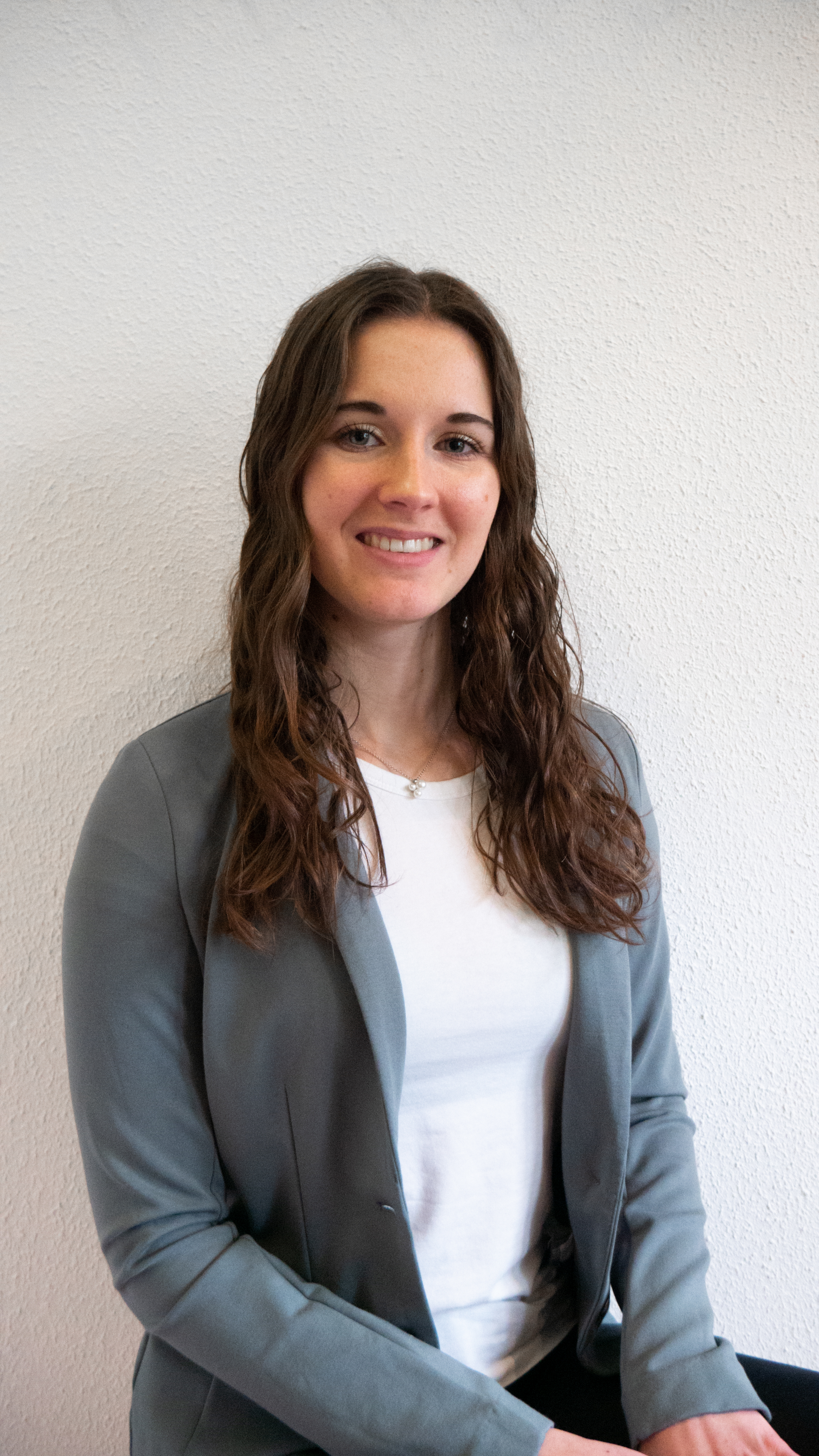Shape Your Future, Starting in Siegen
The master’s degree program in physics is research-focused and builds upon the scientific foundation acquired during the bachelor’s degree. It offers the opportunity to specialize in the department’s active research areas. These include
- Experimental solid state physics
- Quantum information theory and fundamentals of quantum mechanics
- Experimental quantum optics and nano-optics
- Theoretical particle physics
- Experimental particle and astroparticle physics
In the first year, the program provides a solid foundation in modern physics while preparing you to pursue advanced study in your chosen specialization—whether in particle physics, quantum optics and quantum information, or solid-state physics. The second year is focused on research, culminating in the completion of your Master’s Thesis within one of the department’s research groups.
Career Prospects
Whether your future lies in elementary particle physics, quantum computing, the semiconductor industry, or the financial sector, a master’s degree in physics offers a broad range of opportunities across research, industry, and the service sector. This advanced education provides a solid foundation and practical experience through research projects, equipping you well for an academic career and further doctoral studies.
Student Voices: Insights into the Physics Program

A strong foundation and vibrant academic community
Drawn by the strength of current research, I chose to focus my studies on solid-state physics. At the University of Siegen, four dedicated research groups explore different aspects of the field, creating a strong foundation and vibrant academic community. This environment allows students to follow their interests, whether in advanced data analysis or in exploring solids through cutting-edge experimental techniques. For my Master’s thesis, I collaborated with several research groups in both the Department of Physics and the Department of Chemistry, which gave me a broader perspective on the applications and impact of our work.
Applicants must hold a qualified bachelor's degree in physics or a natural science subject (university or university of applied sciences).
You must document sufficient proficiency in German and English, unless you obtained your degree at a German-speaking institution.
For equivalent qualifications, the equivalence will be determined by our Examination Board. More information is available at: https://www.physik.uni-siegen.de/pruefungsamt/
The requirements for our international students can be found at: https://www.physik.uni-siegen.de/studium/master_program/admission.html
The current examination regulations always apply.
Examination regulations (Prüfungsordnungen, POs) define the basic structures of a degree program (e.g. admission requirements and content to be studied). Students are automatically subject to the current version of their PO when they enroll for their first semester. This means that even if the PO changes during your studies, the original version according to which you enrolled remains valid (provided the PO does not expire).
The respective study plan represents the recommended model course of study in the individual subjects and is part of a PO.
Supplementary regulations and details on the individual modules to be studied can be found in the module handbook (e.g. requirements for taking an examation or information on the content of the modules/events, ...).
The internship regulations define the conditions under which the compulsory or optional internships must be completed.
We recommend that you at least consult the study plan for your degree program before the start of lectures to ensure that you know which modules are planned at the beginning of your studies.
Why choose Physics at the University of Siegen?
- Individual supervision by internationally renowned researchers
- Leading international research in the specializations
- Multi-cultural and informal study atmosphere
- Excellent preparation for your career
- Low cost of living and attractive vibes in the city and beyond


